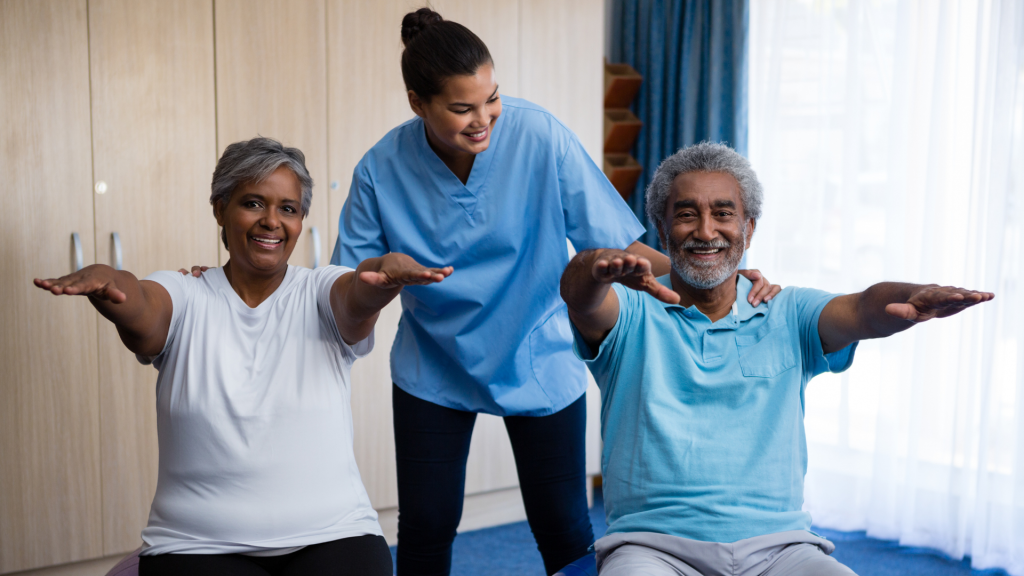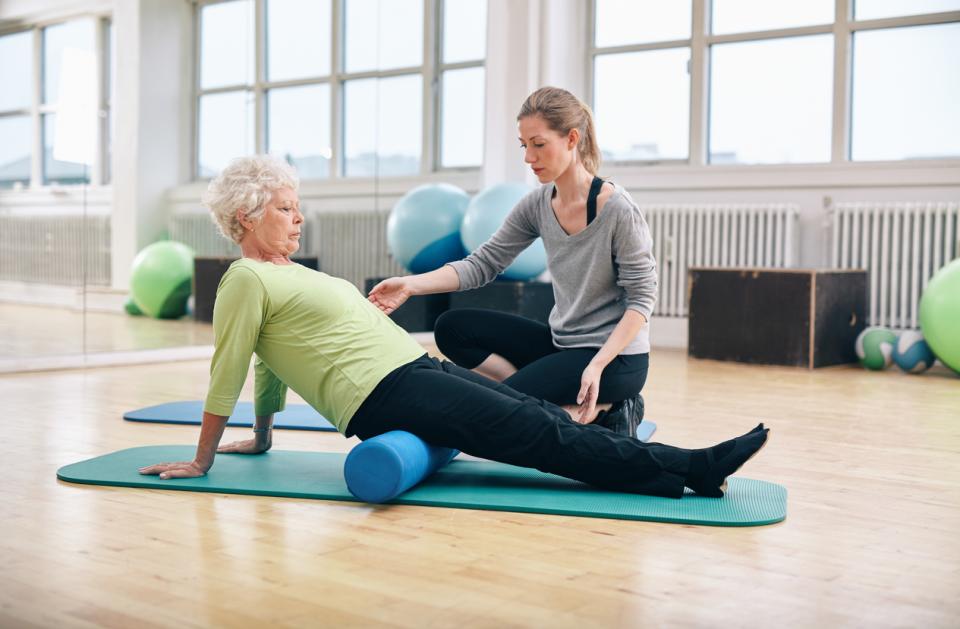
Research programme delves into the ‘percs’ of exercise after cancer treatment
Physical activity is a fundamental part of our everyday lives, but many cancer patients have been experiencing drastically reduced access to crucial rehabilitation services due to the pandemic.
The ability to get back out into the world and among the community again is incredibly important to those who have been through cancer treatment according to Dr Emer Guinan, Associate Professor in the School of Medicine Trinity College and Irish Cancer Society funded researcher.
However there have been far less opportunities for them to do so amidst rolling Covid-19 restrictions, which have also hugely curtailed support services that help patients get back to an adequate level of physical activity.
Dr Guinan says access to specialist supports is “urgently needed” to enable them to live their lives to the fullest after the often devastating effects of cancer and treatment. This is the driving motivation behind her PERCs (Personalised Exercise Rehabiliation in Cancer Survivorship) Programme, which is based in the Trinity St James’s Cancer Institute at St James’s Hospital.
“Patients who undergo cancer treatments can experience side effects including reduced fitness, muscle weakness, fatigue, depression and anxiety, which negatively impact survivorship,” Dr Guinan says of the programme, which is supported by an Irish Cancer Society funding award.
“There is strong scientific evidence that exercise can positively impact many cancer-specific side effects, and physical and mental wellbeing.
“Even with the messaging at the moment around cocooning, staying at home, limits around exercise and distancing, they’re all in their own way sending a subliminal message around reducing physical activity.”
Alongside a web-based resource that will provide patients with access to vital tools including exercise advice to help with post-treatment recovery and information on programmes based in the community, the PERCs programme will also see the introduction of an ‘exercise triage and referral system’ for participants who have been diagnosed and treated at St James’s.
It will see patients referred to a specialist physiotherapist for assessment and treatment where required, while others may be considered suitable for referral to community-based exercise programmes with further supportive information available through the website.

Patients will receive a follow-up phone call a week after their initial triaging, and will be reassessed on their progress after 12 weeks. Referrals for the programme are expected to commence from April, and it is anticipated that 100 people will be invited to participate.
Dr Guinan believes this research project can perform an important role in assessing the level of need among patients for rehabilitation services, as well as the most effective way of directing them towards appropriate supports.
“Everyone who has been diagnosed with cancer should be referred for exercise rehabilitation, but exercise to these services is quite inconsistent at the moment. It’s about making the best use of those specialist services and making sure the patients who need them get them.”
Dr Guinan is able to recall plenty of examples of the profound difference that enhanced physical activity can make in the lives of people she has seen.
“I remember one patient who was very involved in training his local GAA teams all his life, very much a community man. But when he received a cancer diagnosis all that stopped, and that’s a huge part of your identity.
“A year or two down the line he still hadn’t gotten back to it. When we prescribe exercise we bring people in, we supervise them in class and we give them a home prescription - perhaps to walk twice or three times a week - to build them back up again.
“When he started doing this at home his son began noticing that he was out walking, and started inviting him to the match on Saturday if they were going. He started going back to the matches and meeting his friends, and by the end of the 12-week programme he was back training the underage GAA team.
“That’s so important because that’s what increasing his physical activity levels and getting fit meant to him: getting back into his community, back into sport and giving him back his identity again.”
The work of Irish Cancer Society funded researchers is made possible through the kind support of the public.
To help support our cancer research please visit www.Cancer.ie/Donate
Contact the Irish Cancer Society Support Line
If you have worries or concerns about cancer, you can speak confidentially to an Irish Cancer Society Cancer Nurse through the Freephone Support Line on 1800 200 700.
Monday to Friday, 9.00am - 5.00pm

For more information
Phone
1800 200 700

